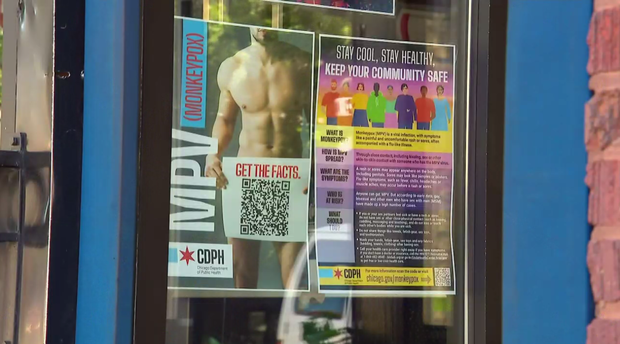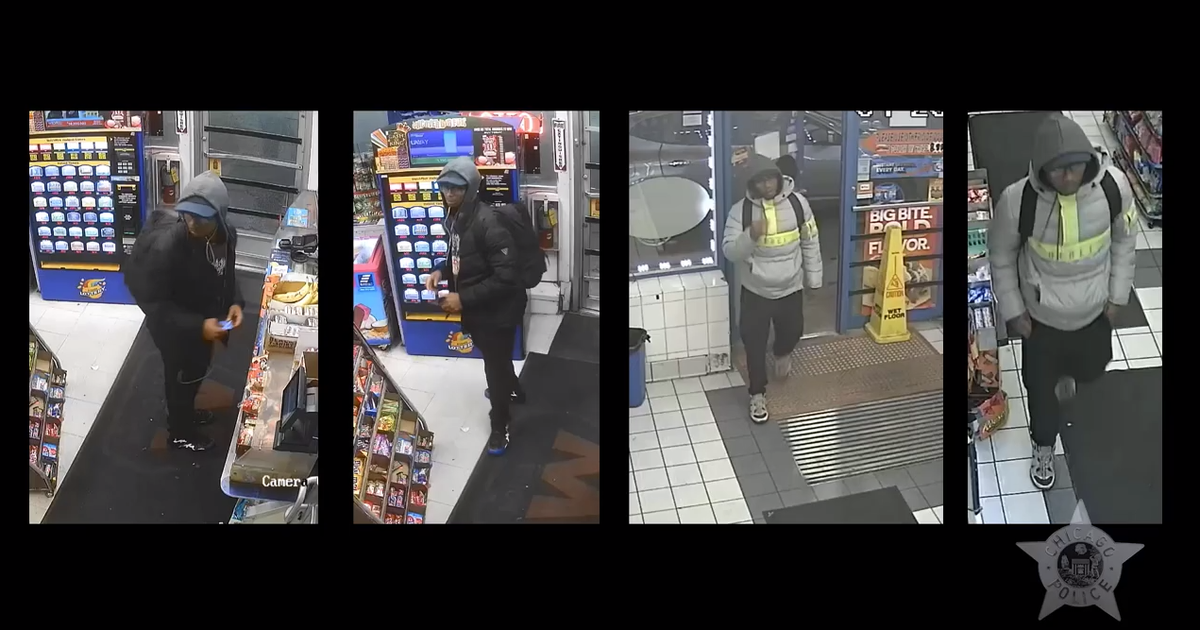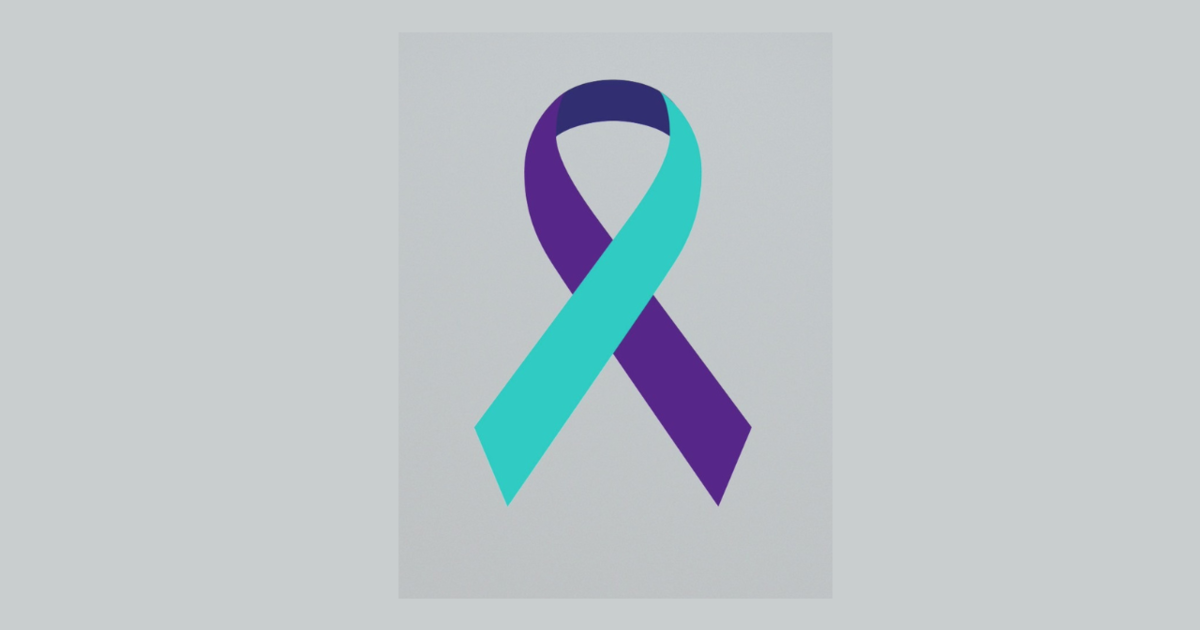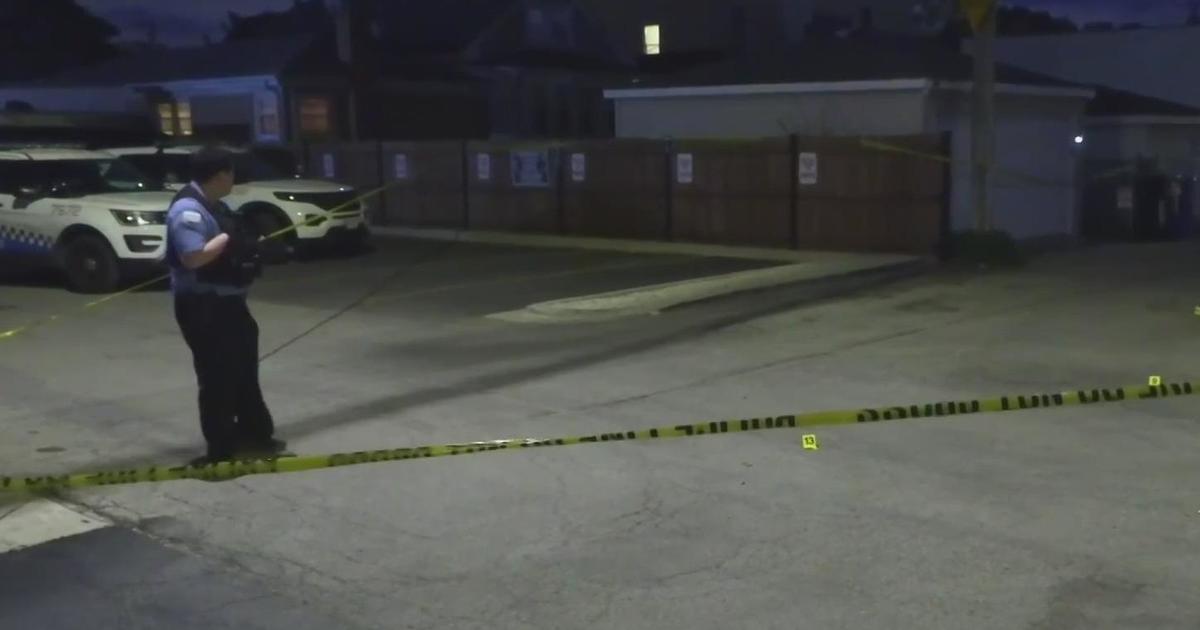Northalsted Market Days organizers focus on safety amid monkeypox outbreak
CHICAGO (CBS) -- Monkeypox continues to spread across the Chicago area at an alarming rate, and while the virus can affect anyone, most in Chicago have involved gay or bisexual men.
So with the Market Days street festival happening on North Halsted Street this weekend, health and safety is top-of-mind.
Market Days will be held this Saturday and Sunday along Halsted Street from Addison Street south to Belmont Avenue.
The event features an assortment of more than 200 vendors, arts and crafts, foot and drink, DJs and dancing, and music on five stages along the route. Headliners this year include Sammy Rae & The Friends, Anastacia, Ginger Minj, and cabaret singer Megan Murphy of "The Big Red Show."
"It's just a full weekend of fun," said Mark Liberson of the Northalsted Business Alliance.
Market Days dates back 40 years. It started in 1982 in Chicago's Northalsted district – the country's first recognized gay village and an LGBTQ+ historic Chicago landmark.
But this year's celebration of community will also include public health awareness. On Monday, Illinois Gov. declared the monkeypox virus a public health emergency, and declared Illinois a disaster area regarding the disease.
According to the city's health department, the main way monkeypox currently spreading is through close personal contact with a rash or sore on someone infected with the monkeypox virus, or MPV.
"The spread is the result of that direct contact; that really sort of intimate contact," said Massimo Pacilli, the deputy commissioner for disease control at the Chicago Department of Public Health.
In particular kissing, hugging, and sexual contact are the most common ways it spreads.
In addition, the Centers for Disease Control noted that monkeypox can be spread by touching a rash, scabs, or bodily fluids, or through touching objects or surfaces such as clothes, towels, or bed linens.
Pacilli said the department has done a lot of work ahead of Market Days, and will continue to play a role during the festival. Signs have been posted around the neighborhood advising people to "Stay cool, stay healthy, keep your community safe" while providing information about monkeypox.
Market Days organizers have also added a section to the event website with information about the virus and there will be safety measures in place.
"We work very closely with the Department of Health. They're going to be on site - at both of our main entrances to the festival - distributing information about monkeypox," Liberson said, "and we're going to be using the festival not only an opportunity to have fun, but an opportunity to educate people."
Liberson is the owner of Replay Beer & Bourbon, Elixir, and Hydrate on North Halsted Street. He is also an organizer for Market Days, and emphasized that public health will be worked into the program.
"Because it is something that is being spread in a way that we define very clearly, we can act to protect ourselves," he said. "We can act to protect others."
The big message organizers have imparted is that if you aren't feeling well, you should not come out to Market Days or any other public event.
"The biggest thing is if you have something on your body, there's some indication you have initial infection, if you're not feeling 100 percent, then really you should act to protect others and stay at home," Liberson said.
After an incubation period, which the Centers for Disease Control and Prevention estimates is a little longer than a week on average, between exposure to an infected person and the first noticeable signs of the infection, patients generally must endure painful lesions as well as other symptoms — like fever and swollen lymph nodes — until their rashes scab over and heal.
However, authorities have been careful not to downplay the danger monkeypox's complications might pose beyond its physical pain.
For example, in the United Kingdom, authorities reported that some hospitalized patients faced "severe swelling" that might strangle circulation to the penis. In Spain, some patients were hospitalized due to bacterial infections of their sores.
A full list of symptoms can be found here.
CDC officials said symptoms usually start "within three weeks of exposure to the virus." The illness typically lasts two to four weeks.
Cases of monkeypox often resolve after a few weeks without additional treatment.
The smallpox vaccine is used for monkeypox, but the supply is strictly limited right now. But vaccination is available for those who have been exposed in Chicago.
"It is available for anyone who was in identified contact," Pacilli explained. "We do case investigation – contact tracing – to identify contact of cases, and any who are identified, regardless, without any additional criteria, they can receive the vaccine."
The goal with vaccination is to disrupt the outbreak.
"We want to place the vaccine right now where it can meaningfully interrupt transmission," Pacilli said.
And while experts have noted monkeypox transmission through the air is possible, Pacilli said it is not a concern unto itself at Market Days.
"An outdoor space, by itself, it's different than when we think about COVID," he said. "It doesn't in itself present a risk for monkeypox."
CBS 2 Streaming Anchor Brad Edwards on Tuesday interviewed Dr. Rebecca Lee Smith, an epidemiologist and professor at the University of Illinois at Urbana-Champaign. She asked Smith whether she would go to Market Days under the current conditions.
"If you feel sick, don't go into festivals," Smith said. "Wear a mask for COVID, but for monkeypox, you want to avoid those contacts – so avoid kissing a lot of people, and just avoid those close – especially the sexual contact that we've been seeing and those close bodily contacts."
CBS 2's Molina also corresponded with Dr. LaMar Hasbrouck, Chief Operating Officer of the Cook County Department of Public Health. Questions and answers are below:
Q1. Does CCDPH have any new information about monkeypox, and are there any changes based on Gov. Pritzker declaring a public health emergency?
A1.We have no new information and continue to monitor cases and potential contacts in our jurisdiction. The declaration of a public health emergency allows the Illinois Department of Public Health and other relevant state agencies to move at greater speed when mobilizing resources to coordinate and distribute vaccines, treatment and prevention. This ensures the Cook County Department of Public Health will receive vaccine and other assistance from IDPH.
Q2. Is the spread in suburban Cook County similar to the spread in Illinois and are you following the trends in other counties in Illinois?
A2. At this point in the epidemic, cases in suburban Cook are very similar to the profiles in Chicago and other areas jurisdictions. Namely, almost entirely men between 25 and 55 years old through sexual transmission. At this point of the epidemic, the majority of our cases also identify as gay, bisexual, and MSM.
Q3. The spread is marginalized because of the community it's currently impacting (LGBTQ+) but has the ability to impact anyone. Is there any additional information on that?
A3. As with any disease outbreaks or epidemic, accurate information about risks, transmission, and prevention is key to combating stigma and reducing community harm. We continue to stress that while the majority of current cases have been among the LGBTQ+ community, anyone who is exposed to a person with MPV is at risk. Members of the LGBTQ+ community shouldn't assume they have been exposed, and the general public shouldn't assume they are in the clear. If you have symptoms and think you have monkeypox, or if you have had close, personal, intimate contact with someone diagnosed with MPV, you should see a health care provider.
Monkeypox: What we know so far
Dr. Becky Smith of the University of Illinois at Urbana-Champaign joins CBS 2's Brad Edwards with answers to your questions about monkeypox:





